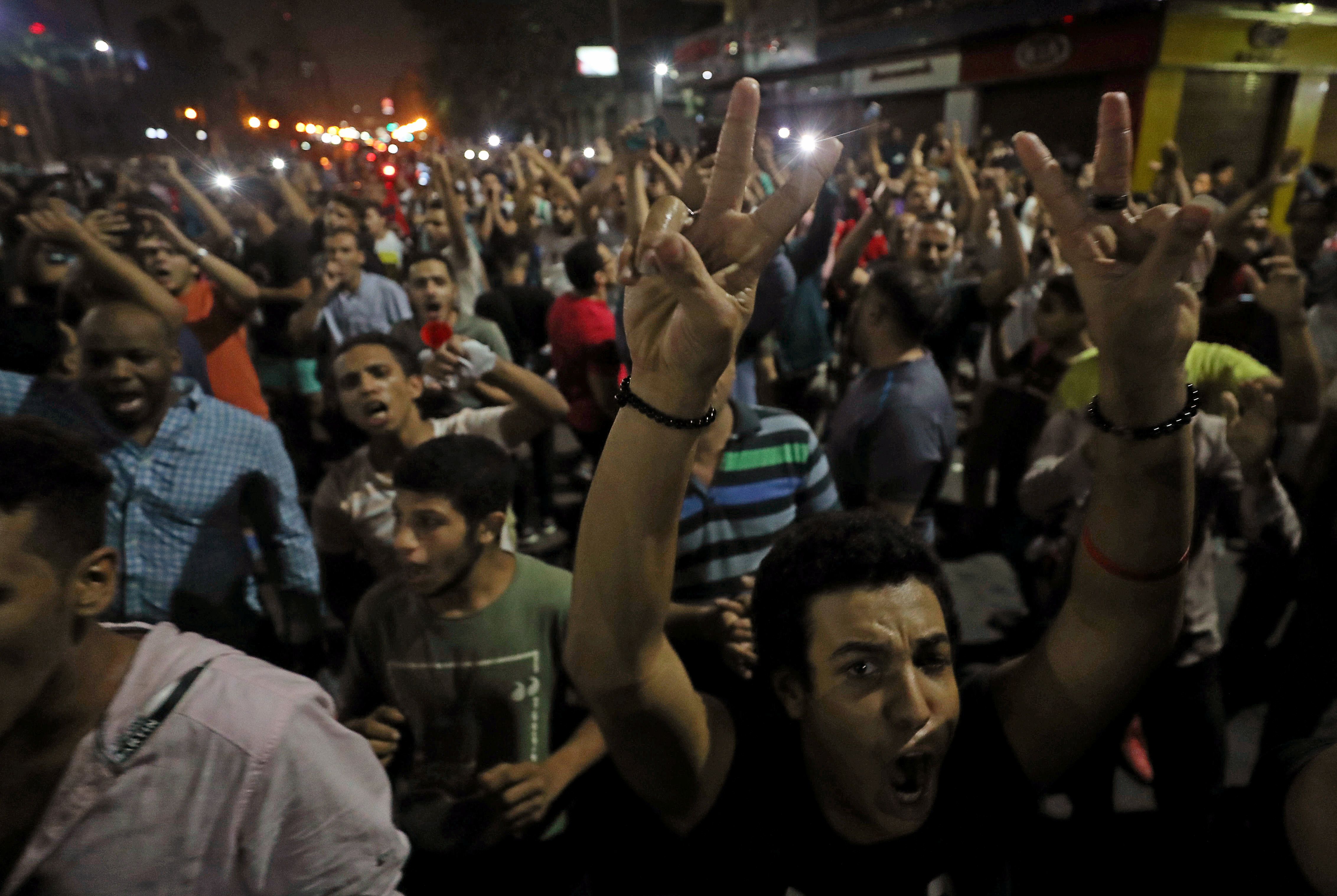American Boots on Saudi Soil – Last Friday, President Donald Trump announced the deployment of additional US troops to Saudi Arabia in response to an attack on Saudi oil facilities that Washington and Riyadh blame on Iran. The Pentagon says Saudi Arabia and the United Arab Emirates asked for the troops as a deterrent to more Iranian attacks on their critical infrastructure. We wonder about the wisdom of using American soldiers solely as a kind of "tripwire." How will the US respond if Iran or the Houthis launch an attack that (deliberately or inadvertently) kills US troops? Also, we're old enough to remember that Osama bin Laden's first call for jihad, way back in 1996, was about casting out the "infidel" American troops who arrived, and stayed, in Saudi Arabia during the First Gulf War.
Venezuela's Fracturing Opposition – Things aren't getting any easier for Venezuelan opposition leader Juan Guaido, who has been trying to dislodge strongman president Nicolas Maduro for almost a year. Talks between Guaido's people and Maduro's broke down earlier this summer, and a group of smaller opposition parties has now accepted an invitation from Maduro to hash things out without Guaido. It's the first big crack to appear in the Venezuelan opposition since Guaido declared himself Venezuela's rightful leader in January, with support from most of the world's democracies. We're watching to see what Guaido does next, but with his coalition splintering, apathy on the streets, and little to show for his efforts since a failed coup attempt in April, is he now a spent force?
Protests in Egypt – Hundreds of people were arrested over the weekend in a rash of unexpected protests against dictator president Abdel Fattah el-Sisi. The demonstrations, which are extremely risky in Egypt's police state, seem to have been touched off by colorfully phrased allegations of corruption made by a former regime crony who now lives in Spain. Since deposing democratically elected president Mohamad Morsi in 2013, el-Sisi has cracked down ruthlessly on dissent, while trying to push through modest economic reforms. Observers of this weekend's unrest noted that most of the protesters were in their 20s, meaning they would have been too young to take part in the Arab Spring demonstrations of 2011-2012. We are watching to see if the protests continue next weekend. El-Sisi's troops have made a point of blocking access to Tahrir Square, main stage of the 2011 revolution.
What We're Ignoring
Havana Syndrome – Remember those bizarre reports that started surfacing in 2017 that Cuba was using some kind of mysterious new "sonic weapon" against US diplomats in Havana? President Trump even went so far as to kick some Cuban diplomats out of the US in response to the alleged attacks, which were blamed for hearing problems and even brain damage. There was never any clear evidence of sonic attacks, and there have been occasional attempts by scientists to advance an alternate theory. Last year, a "rare jungle cricket" was suggested as the real culprit. Now mosquitos are partly to blame, according to Canadian scientists who say the symptoms may have been caused by a nerve toxin in the fumigation spray that Cuba was using to kill the critters during the Zika virus crisis in 2016. We are ignoring this story because we can't keep up with the various theories anymore.
